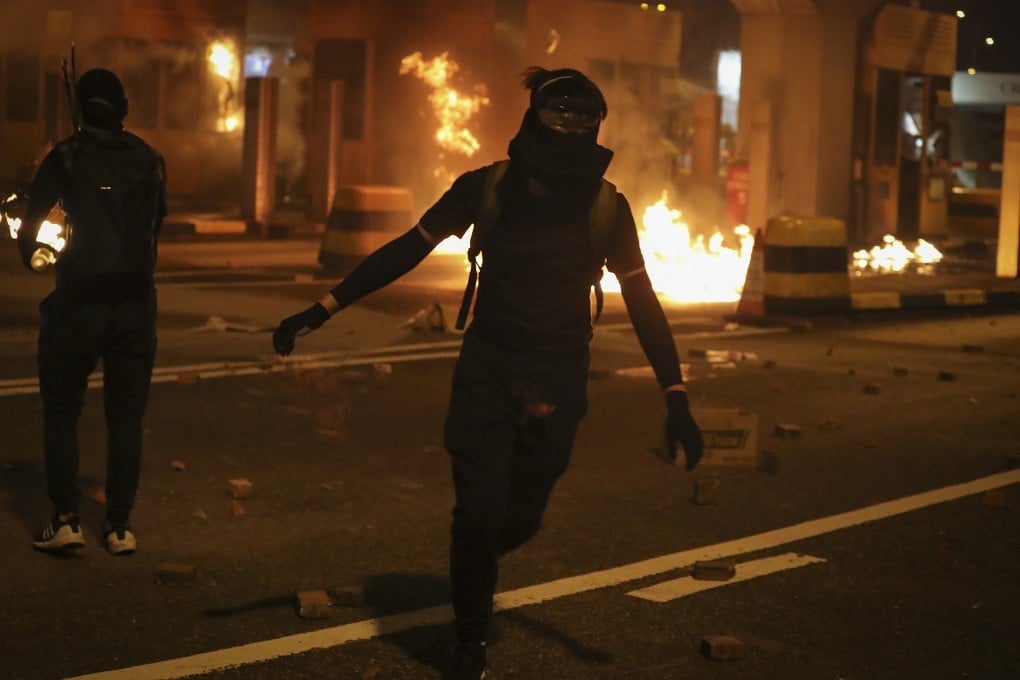Letters | Hong Kong national security law is the price city pays for pro-democracy camp’s self-serving tactics
- The pan-democrats’ failure to compromise on Article 23 and political reform, and their unconscionable silence on protest violence gave Beijing the opportunity to tighten its grip on Hong Kong

If you have even any understanding of how the Chinese Communist Party works, you will know that it either saw this as an opportunity to impose a greater degree of control over Hong Kong or felt it had no other option than to do so.
Very few in Hong Kong, of whichever camp, wanted to see rules imposed by the party: not yellow, not green and not blue. Enacting a national security law for the special administrative region should have and could have been done through the channels available to us in Hong Kong. But the pro-democratic camp, as it has so often done, opposed it for the sake of opposition, without providing a viable alternative or workable changes that could have led to a document drafted in the Legislative Council and put through public consultation.